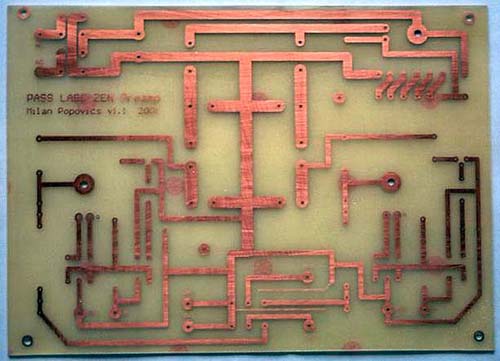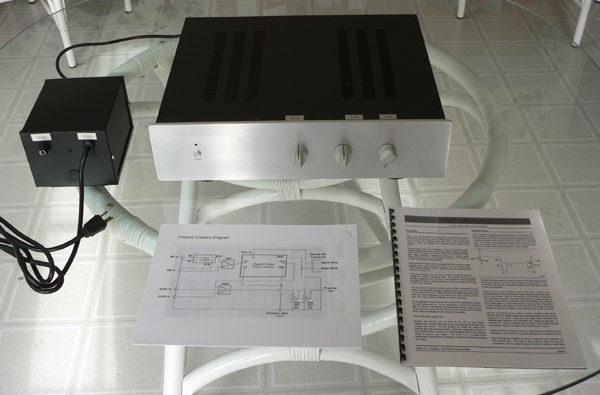

In Part 2 we developed a new active current source for the Zen amplifier. In this part, we create a power supply regulator suitable for the Zen amplifier projects. Previous versions of the Zen amplifiers had no power supply regulation at all, or used capacitor/inductor/capacitor "pi" filters to smooth the ripple on the DC supply lines. In keeping with our philosophy of simple-aspossible, we want to develop a supply regulation system which gives us good regulation, with low AC noise and a stable DC value. The need for a good regulator is obvious enough. As simple as they are, the… More...
Every audiophile understands the concept of the “sweet spot”, that happy balance of conditions that elicits the best possible sound. It can be a particular listening spot, the best positioning of loudspeakers, or the fortuitous combination of components which complement each other perfectly. It should be no surprise that the desire for the best performance takes the search for the sweet spot into the interiors of the components themselves. This article will concern itself with finding the sweet spot for each gain device in audio amplifiers. It is a commonly held belief in audio that the best amplifiers are composed… More...
Copyright © 2016 Pass Laboratories, Inc. All rights reserved
Telephone: 530.878.5350